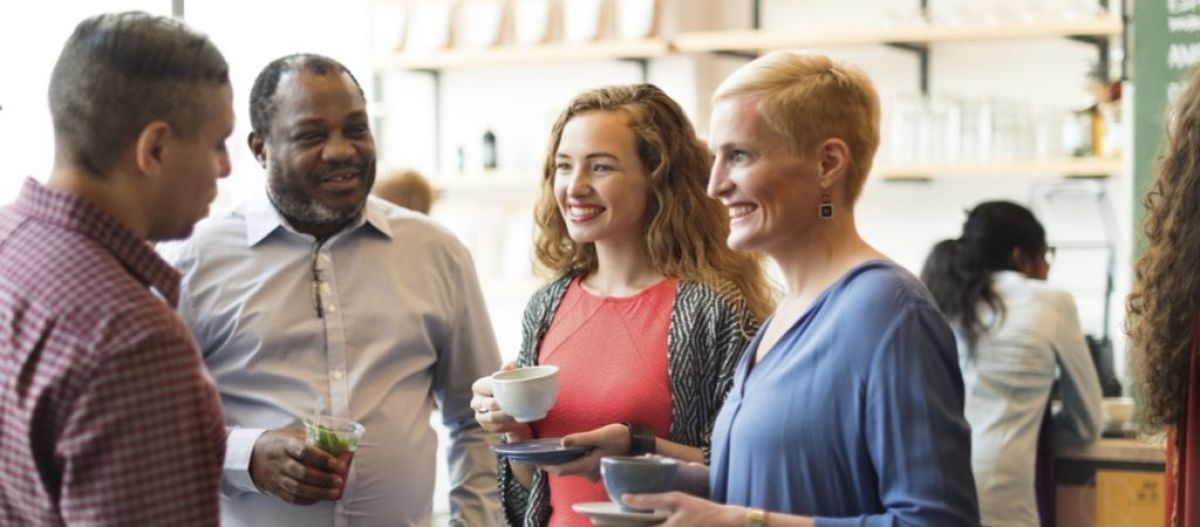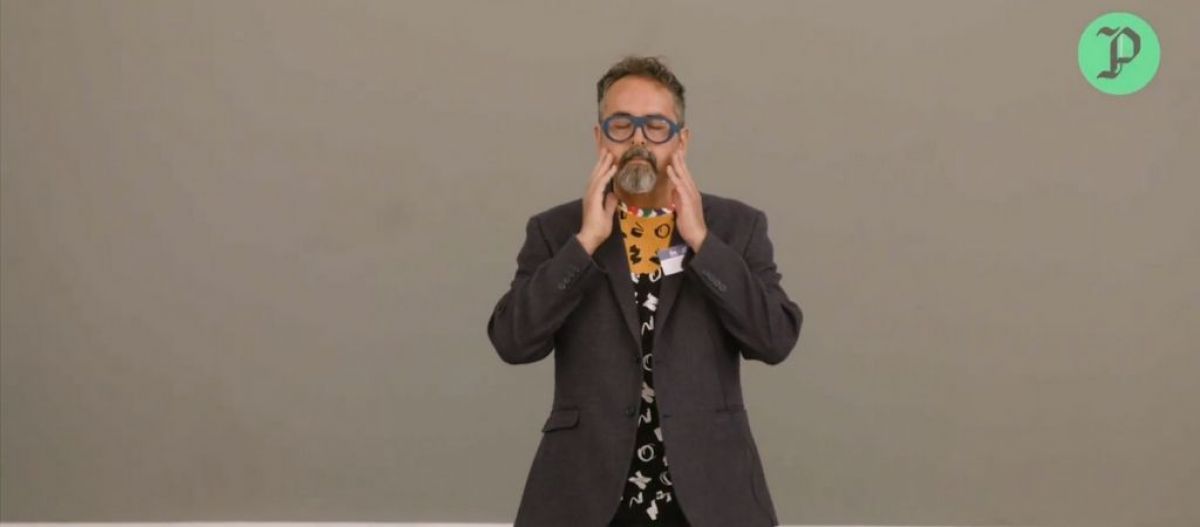A few months ago, some 300 social entrepreneurs and social investors got together and started humming. Weird? Possibly. But here’s how it all began…
At Pioneers Post, we have been covering social enterprise and social investment since the early 2000s, but it’s only recently that we’ve set out to explore mental health in more depth.
Why? Well, partly because we were hearing about more and more entrepreneurs setting up businesses with a mission to improve people’s wellbeing – through everything from tending a vineyard to selling pyjamas.
But also because it became clear to us that the mental wellbeing of the entrepreneurs themselves was increasingly a concern (or perhaps more accurate – increasingly a concern that was being voiced out loud).
My number one asset is my mental capacity, so I can't risk anyone doubting that.
Earlier this year, we posted messages on a couple of social entrepreneur Facebook groups, asking to chat with people about the topic. Our posts quickly generated more responses than we could keep up with: those wanting to share stories of their own projects, but also entrepreneurs willing to share their own difficult experiences.
Intense pressure
Our conversations with some UK-based social entrepreneurs turned into this feature. Running a business is hard – especially when success stories today mostly celebrate highly-driven founders who seem to barely sleep.
But, as we heard, running a social business is arguably harder, since founders tend to put intense pressure on themselves to sustain the pace for other people’s benefit. One of our interviewees started his business working 120-hour weeks. Another told us about a period of overwork that ultimately led to burnout:
I was the limiting barrier to achieving more – at the time every minute was vital and valuable.
Others highlighted fears of being open about their mental health at work. As one entrepreneur told us, on condition of anonymity: “You’re worried what other people’s reaction will be. Will they see it as a business risk?” By other people, of course, she largely meant investors. “My number one asset is my mental capacity, so I can't risk anyone doubting that.”
That issue of speaking openly continued to preoccupy us. (And others: Good Finance also published this piece on building honest relationships with investors earlier this year.)

One entrepreneur we spoke to said he felt it important to be open about his mental health issues – but was still unsure about whether that was the right decision.
I’m kind of conflicted really. Is it more beneficial to speak about it and build general awareness, or is it more important to hide it, in order to get funding and increase our impact as an organisation?
Yet even our most cautious interviewees recognised the value of speaking out on some level. Shifting perceptions of mental health problems from “something shameful”, they all agreed, starts with talking – even if that starts just by being honest with your business partner.
On the main stage
In May, we chose mental wellbeing as one of the themes at Good Deals & Beyond Good Business, our biggest event of the year. And our speakers embraced the subject. Delegates even agreed to start the day with a group session of mindful humming led by ‘sound maverick’ Sergio Lopez Figueroa (catch a glimpse of that in our film here).

Sergio Lopez Figueroa opens Good Deals and Beyond Good Business
World-renowned author and impact investing expert Jed Emerson highlighted the responsibility we have to ourselves, saying
So much of entrepreneurship is individually driven. If we don't take care of ourselves as individuals, then your ability to lead, to communicate, to realise the vision you have is going to be much more limited.
Pjoys’ Michelle Morgan took to the stage in her pyjamas, sharing her story of facing up to anxiety and depression – and calling on other business leaders to simply talk more about how they’re feeling, even if they might feel like they’re expected to wear a mask.
Echoing what we’ve heard from many social entrepreneurs, CrackedIt’s Josh Babarinde said loneliness was one of the most “crippling” parts of the job. What helped him? The support of his peers and going on what he called “entrepreneur dates”: hanging out with others to talk through what wasn’t working well.
But it’s not just about talking to your confidante. Babarinde also described how being open with colleagues and partners about strains in his personal life actually helped; even telling funders worked out positively.
That’s not to say that will always be the case. The short films we publish today – a conversation between an investor and a social entrepreneur – explore the delicate balance between the personal and professional. We’d love to hear what you think.
Taking care of Number One
How are social entrepreneurs taking care of their own mental wellbeing? Mental health is a huge spectrum, so unsurprisingly we got a wide mix of responses when we asked around: from meditating to scheduling weekly ‘down days’ to even switching career. Sophie Hobson, head of communications at the School for Social Entrepreneurs, recently shared six ways to regain your love of leadership when the chips are down (see more here). At Pioneers Post we’re keen to hear more about solutions that have worked for you – get in touch if you’d like to share your tips.
About the writers

Anna Patton
Anna is the Managing Editor at Pioneers Post and Fable Bureau.

Sasha Gallick
Sasha is head of content at Fable Bureau, the creative agency behind Pioneers Post.
